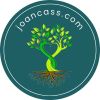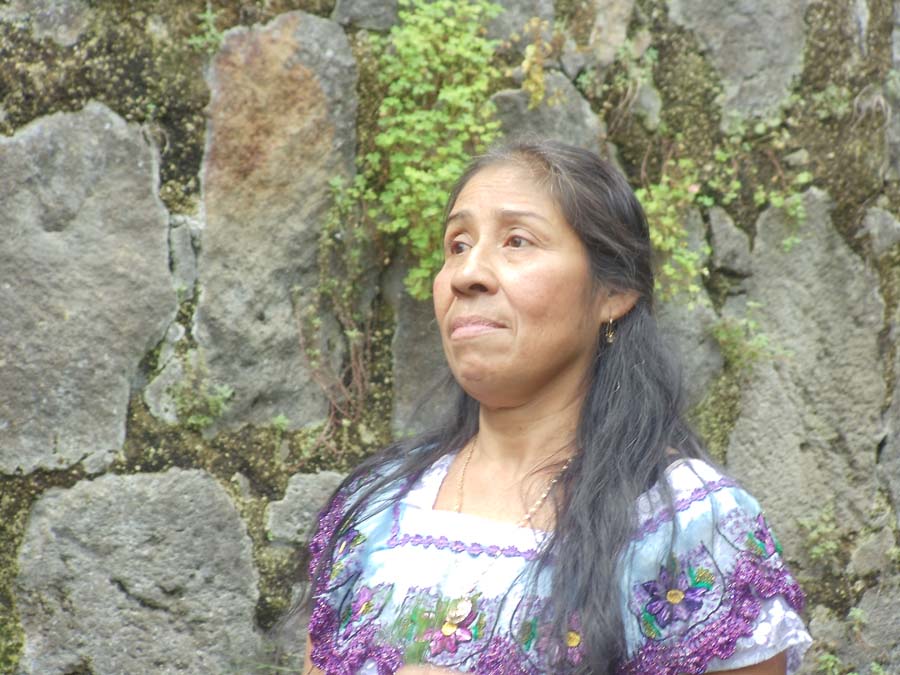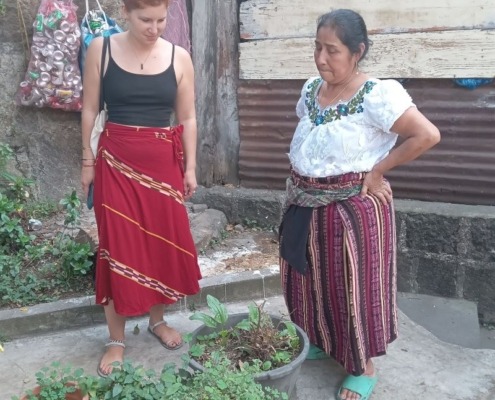 Joan Cass
Joan CassGuatemala’s Herbal Medicine Workshops
Guatemala’s Herbal Medicine Workshops. My Hunt for Ancestral Medicinal Herbs. Never treated with pesticides fertilizers promoting growth.
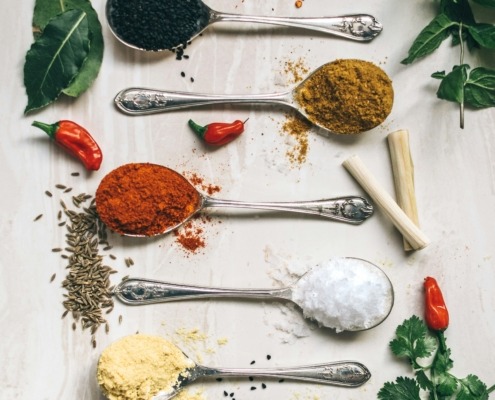 Joan Cass
Joan CassIntegrative functional medicine IFM
The approach to healthcare that merges conventional medicine with complementary therapies, all aimed at finding and addressing the root causes of illness. Here's a closer look at its core aspects:
Joan Cass's Philosophy of Integrative Functional Medicine IFM:
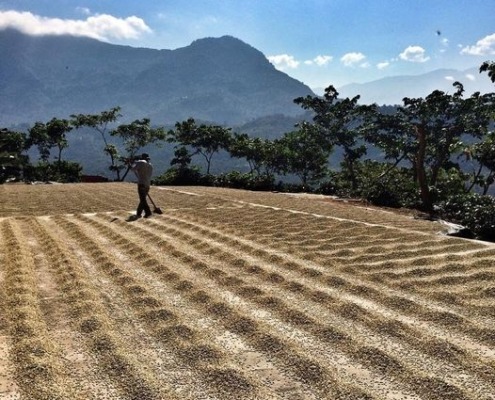 Joan Cass
Joan CassFinding Pure Organic Herbs
Guatemala is organic, the country has a growing organic agriculture industry. According to the Ministry of Agriculture, Livestock and Food, there are currently over 164 certified organic operators in Guatemala
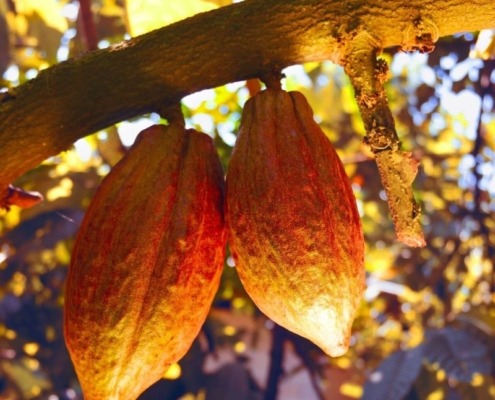 Joan Cass
Joan CassPure Cacao Healthy Compounds
Pure Cacao Healthy Compounds. Cacao has healthy properties for both consumption and topical application. Here's a breakdown of the potential benefits:
Triglycerides, Theobromine, Anandamide, Phytosterol, Stearic Acid (about 33%, Oleic Acid (about 33%, Palmitic Acid (about 25%, Phenylethylamine (PEA), Caffeine
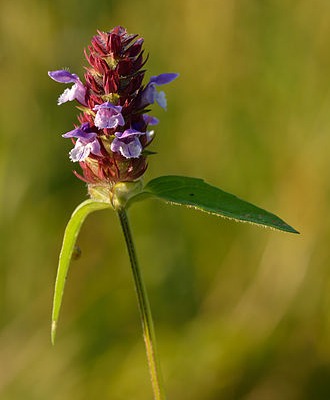 Joan Cass
Joan CassMayan Herbal Medicine Healing
Mayan Herbal Medicine Healing placed a great deal of importance on specific plants and herbs, both for their medicinal properties and their symbolic connection to the natural world and the spirit realm. Here are a few examples:
 Joan Cass
Joan CassHolistic Healing
Holistic healing is an approach to health and wellness that considers the whole person - body, mind, and spirit - in the pursuit of optimal health
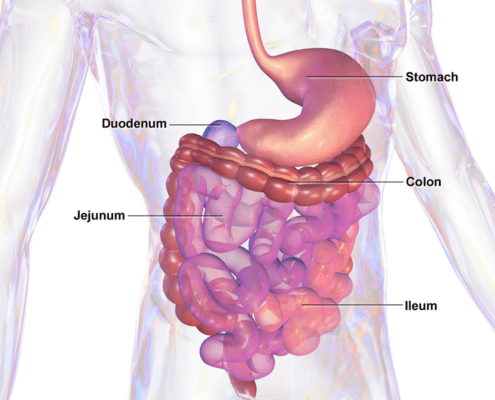 Joan Cass
Joan CassParasites
Overall Guatemala Food is safe to consume, however, Water is one area Travelers to Guatemala need to use caution. Bottled Water is widely used and available, from Restaurants, Hotels, and Bars.
The end of this post covers the use of Mayan Herbal Treatments for Parasites.
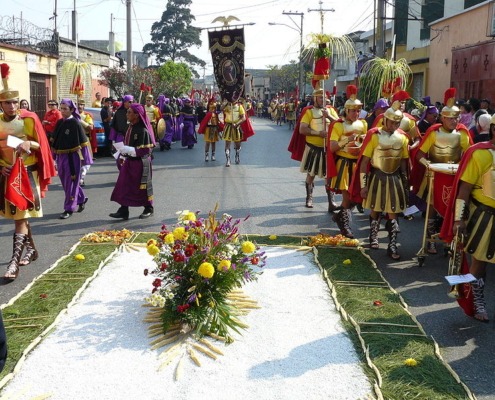 Joan Cass
Joan CassLent in Guatemala
Every Sunday throughout Lent, elaborate processions wind their way through the streets of Antigua. These processions depict scenes from the Passion of Christ, featuring life-sized statues of Jesus, Mary, and other biblical figures carried on massive floats. The processions are accompanied by solemn music, incense, and large crowds of devotees
 Joan Cass
Joan CassTell Me Your Symptoms
Tell Me Your Symptoms - So I can Help
Please describe your symptoms so that I may assist you.
Filling out this confidential form allows me to get to know you and your problems.
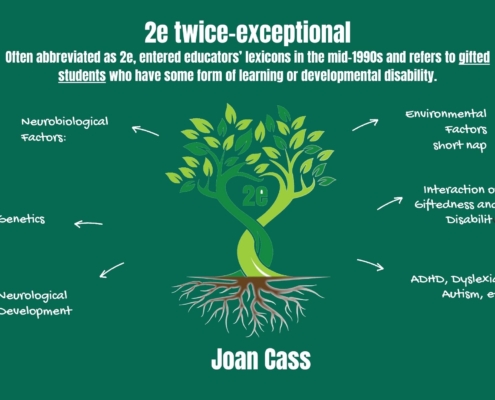 Joan Cass
Joan Cass2e Twice-Exceptional Support
Joan Cass 2e Twice-Exceptional Support, I have had great success working with 2e families.
It's important to understand that 2e, or "twice-exceptional," is not an illness.
